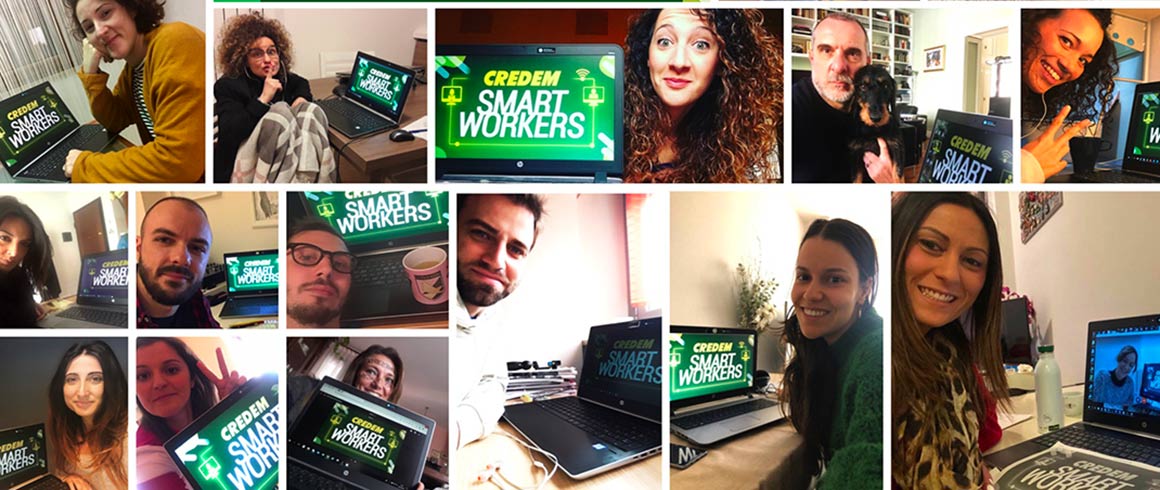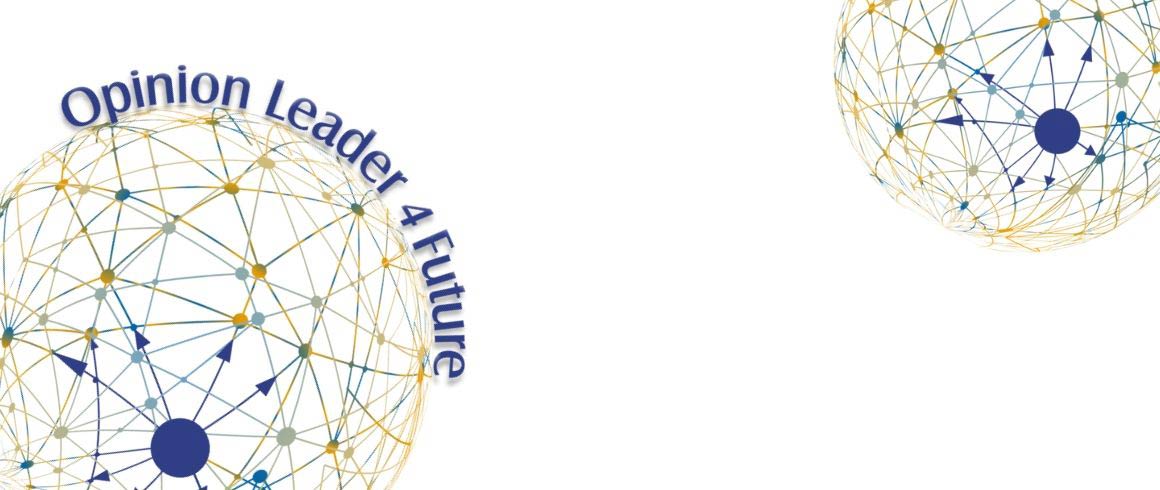For Generation Z, the opinion leaders to get informed are industry experts and friends, who are mentioned as very prominent by 34% and 33% of respondents, respectively.
In third place for the under-20s there are parents with a percentage of 25%, while for the 20-25-year-old interviewed there are journalists with 20%, alongside athletes for the male gender.
Professional influencers are mentioned as points of reference by 17% of the sample with a wide gap compared to experts and friends, a percentage that drops to 13% among the over-20s.
This is one of the main conclusions emerging from the latest analysis of the Opinion leader 4 future three-yearly research aimed at studying the relevance and role of new opinion leaders in the communication and information field. The project is promoted by Almed (Graduate School of Media, Communications and Performing Arts) of Università Cattolica in collaboration with Credem Group.
In particular, "I trust you" is the study conducted on the Italian Generation Z with the aim of understanding how it chooses its leadersand identifies themby type as well as understanding what are the expectations of young people. The study, which took place during the summer of 2020, was conducted by Tips Ricerche, an agency specialized in market research on the target group of young people, which manages a continuous panel of 500 young people and which involved a sample of 230 students from primary, lower secondary and upper secondary schools and universities in order to explore this subject in depth.
The study revealed on the one hand the need to "rely" on competent as well as charismatic figures, a need accentuated during the months of lockdown in which the importance of subjects such as politicians, scientists and journalists grew, because they were considered authoritative and able to dictate behavioural lines. It is no coincidence that among the personalities most frequently mentioned there are institutions and government representatives, as an expression of authority, legislation, and sanctions in a state of crisis.
On the other hand, it is evident the need for intimacy and closeness of this generation, who is more fragile than the previous ones. Born during the economic crisis that began in 2008/2009, more than the other targets, these children showed a protective attachment to their family of origin, perceived as a "safe haven" compared to the uncertainties of society.
Finally, one of the strengths of professional influencers, who are active on social issues, seems to be not so much their ability to express skills and opinions on specific issues, but rather their ability to act as filters and translators of information flows. This aspect emerged especially during the health emergency in which many influencers became points of reference to collect updated and specific information on what was happening in Italy and around the world.
This capacity of mediation and information brokerage seems to become increasingly relevant and requested: 57% of the sample, with a greater incidence on the male target, considers being an influencers as a real profession and 30% would like to undertake this career path in the future, a percentage that rises to 43% in the 10-14 year-old bracket.
«This chapter of the research has allowed us to observe how young and very young Italians form their opinion and to grasp the new resources that they are able to put in place: their ability to draw on many information channels; the alternation of offline and online; the capitalisation of the knowledge of previous generations; the search for authenticity. A precious cross-section, not only to understand the Generation, but also to prefigure future dynamics and scenarios» ‒ Mariagrazia Fanchi, Director of Almed at Università Cattolica said.
The Chairman of the Credem Group, Lucio Igino Zanon di Valgiurata, also stressed the value of the research, which shows «first of all how young people are attentive to new dynamics, but at the same time how they are able to read tradition and project themselves into the future. Moreover, it emerges how much their needs, interests and objectives can change in a few years and,therefore, how important is school and specifically university to provide the necessary tools to train good citizens. From our side, encouraging research activities as Opinion Leader 4 Future is a concrete way to support the development of our country and all the institutions that make it stronger».
As regards the main traits of an opinion leader, in addition to a well-recognised competence and the ability to transmit one's own knowledge (important values especially for the over-20s and the male target), there is respect for others, a value cited as very relevant by 91% of those interviewed, particularly between females, which is then demonstrated with kindness (86%) and empathy (83%). A sense of responsibility and integrity also appear relevant and develop through behavioural skills such as honesty in talking about oneself (90%), consistency of attitudes (89%) and the ability to question oneself when faced with mistakes (82%).
The young people of Generation Z are also looking for courageous leaders (86%) who are able to fight and make significant changes (85%) in the social context.
There are different channels to interact with opinion leaders. The 90% of the respondents indicated their smartphone as the most used device, however the Gen Z shows a cross-media attitude, ranging from different sources. The channels of information retrieval are represented for 81% of young people by online sources among which the most cited are search engines and social networks. Social media, and in particular Instagram, are perceived as sources for "direct" contact with their opinion leaders. Through Instagram Live and Stories, the user can, in fact, interact directly with the interlocutor and ask specific questions. In the period of health emergency other social media have become vehicles for providing information and commenting on important news: Tik Tok, Telegram, Twitch.
However, offline channels surprisingly keep a wide relevance for 72% of the respondents, close to online ones, and in first place they see TV as the main information channel, followed by word of mouth and family ties. Offline sources are preferred for the most important, intimate, and private issues and for the deepening of sensitive issues such as politics and economic choices.
Technology is particularly popular among young males (mentioned by 91% of respondents), followed by video games (86%) and information technology. Private life (80%) and cultural life are, on the other hand, relevant for the female segment: in particular, music and concerts (80%) and TV series (78%).
As far as the verification of information is concerned, more than half of the interviewees usually compare more sources (fact-checking practice) and 37% consider as more credible the news coming from institutional sources (percentage rising to 46% for the over 19s), behaviours that are leading to a "new cultural revolution" for the younger generations, passing from a model of information absorption that tends to be passive to a more active and mature one on all age groups considered.
Finally, among the highlights of the research there are savings, investments and economics and finance, which averagely attract interest in all age groups. In fact, they are cited as topics of relevance by about 40% of the overall sample and are close to entertainment topics such as cars and motors, make-up, DIY and higher than gossip. Interest becomes much higher in the 20- to 25-year-old age group (59%). It is interesting to note that for these areas the Zs inform themselves on economic issues using different channels both online and offline, but the influence coming from the family circle prevails.
In addition, compared to the economic sphere, the interviewees seem to prefer direct interaction methods ‒ face to face: the Zs address people who are trusted and known as family members and friends.
Also, journalists are considered an important source, along with industry experts such as consultants.





